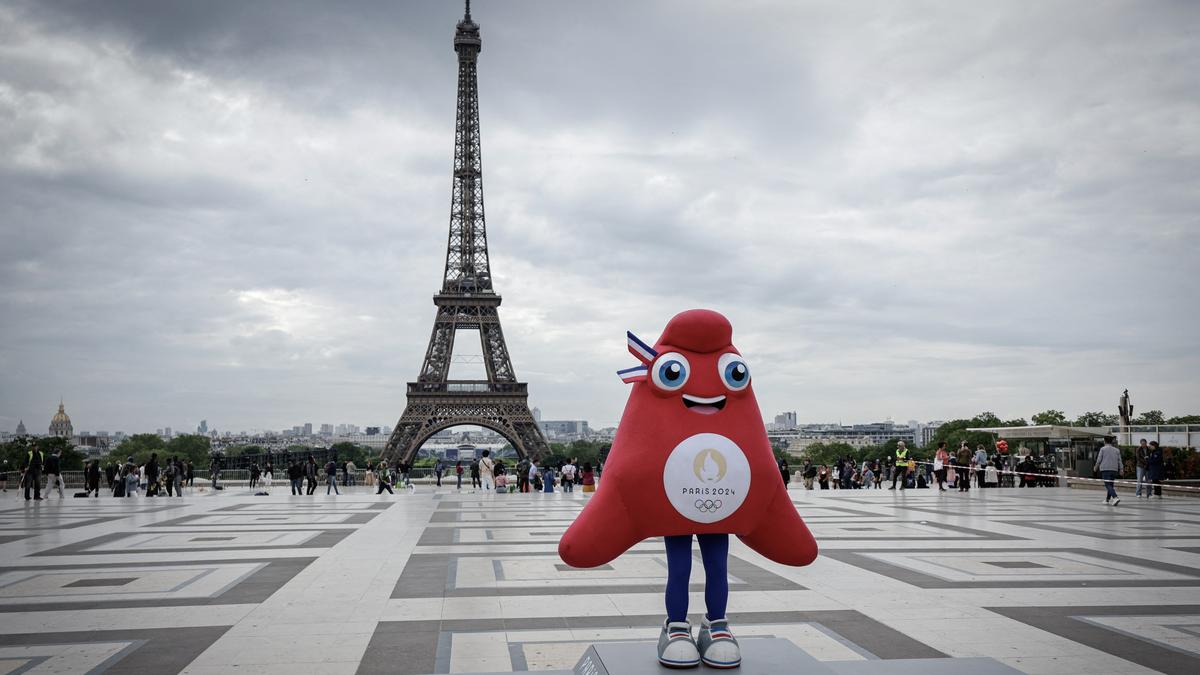
Paris Olympics 2024 | Eiffel Tower medals, swimming in the Seine and the idea of sport as a unifying force
The Hindu
Paris prepares for the Olympic Games with mixed feelings, highlighting the complexities and contradictions of the prestigious event.
On a visit to Paris last year, I saw little enthusiasm for the Olympic Games, starting in the French capital next month. “We are not looking forward to it,” said a baker, summing up the sentiment: it will be like the lockdown, we will have to work from home, going out will become difficult (16 million visitors are expected), we will be paying for the Games for years. A few, however, looked forward to renting out their apartments for a fortune during the event.
According to The New York Times, “The Olympic Games Committee has issued assurance that Paris will be able to house 100,000 visitors during the Games… price boosting has already begun.” That is from a report ahead of the 1924 Games in Paris. Plus ça change, plus c’est la même chose, as the French say.
The host city is seldom happy — succeeding in the bid is seen as the winner’s curse — but the world looks forward to the magic. You can be cynical or optimistic about the Games depending on which end of the metaphorical telescope you view it from, but magic it is.
Even if that magic started off with a chuckle in Paris. The mascot of the Games, the Phryges, is being seen as “clitoris in trainers”, the feminist’s answer to the phallic symbol that is the Eiffel Tower. It is too, an inadvertent pointer to one of the issues facing the Games, and humanity in general — the matter of the gender spectrum.
In fact, many of the world’s concerns — gender, environment, drugs, sexism, terrorism, cybersecurity, dislocation of communities, corruption in the establishment, financial overreach, excessive nationalism, racial inequity — can be seen in concentrated form at the Games over the years. If the Olympics are the best sport has to offer, they also display the fault lines in the real world. Sport and life are like facing mirrors, reflecting each other.
Paris hopes the carbon footprint of the Games will be half that of London 2012 or Rio de Janeiro 2016. Construction has been minimal, with 95% of the venues being existing structures; equestrian events will be at the Château de Versailles, swimming in a cleaned-up Seine. President Emmanuel Macron — who announced that the national elections will be held in June-July, thus adding another degree of difficulty to the preparations — has pledged to swim in the river to show that it is clean. When it is clean.
The Seine is the venue for what promises to be a most spectacular Opening Ceremony involving boats carrying the 10,500 athletes before an audience of three lakh on its banks.











